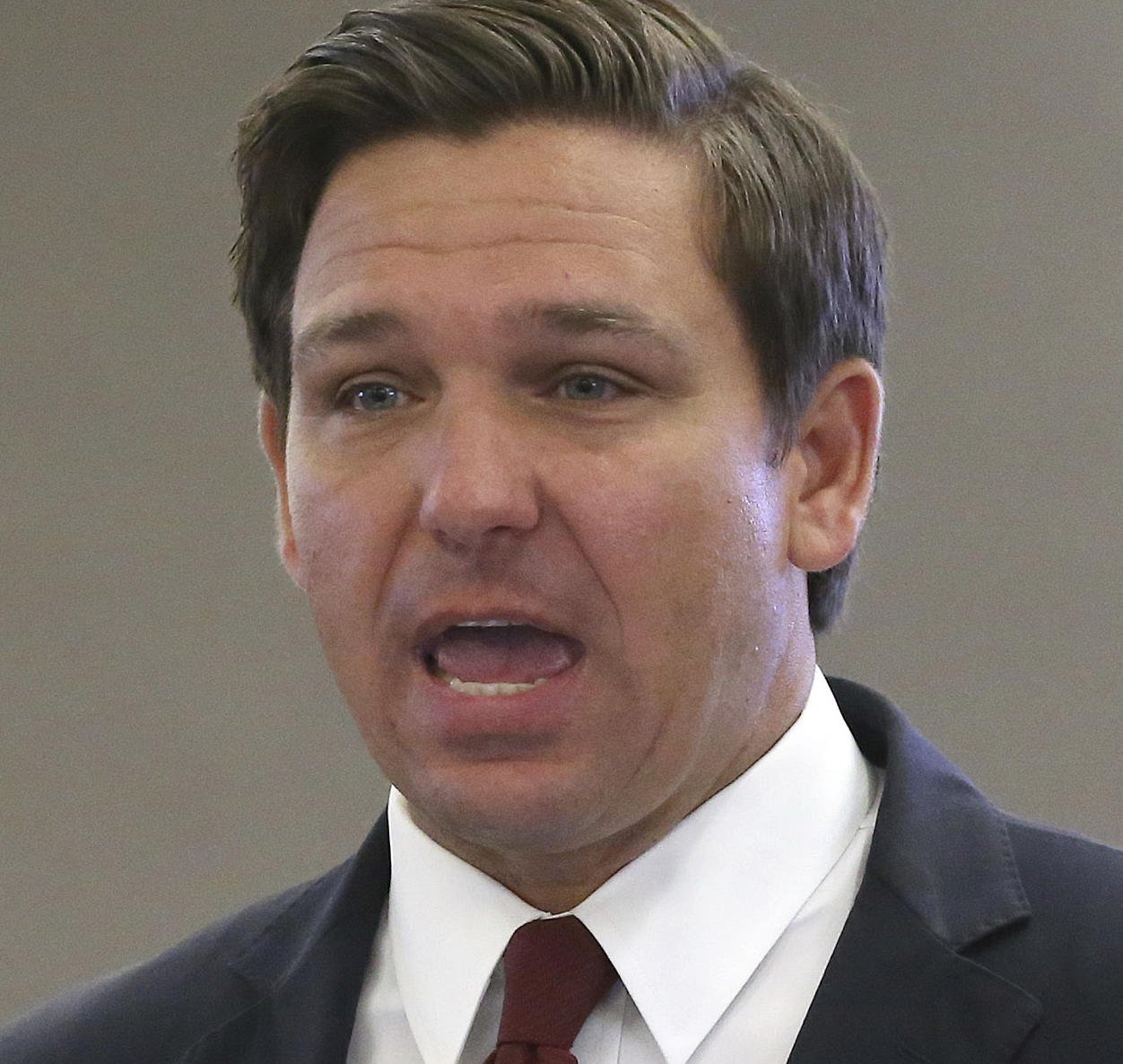slide 1 of 1
Address rising sea level challenges
Ron DeSantis
"Ron DeSantis will work with local governments to prioritize sustainable growth and flood mitigation efforts and rising sea levels."
DeSant-O-Meter

Compromise